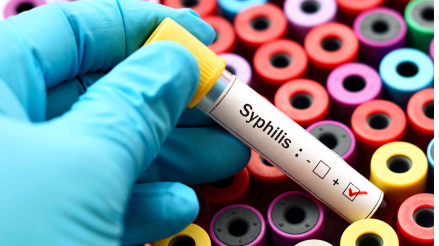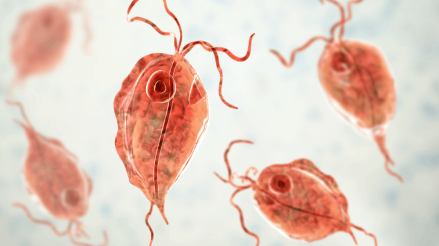You may also like…
Pelvic Inflammatory Disease
Pelvic Inflammatory Disease is an infection of the uterus (endometritis), fallopian tubes (salpingitis), and/or ovaries (oophoritis).
Clinical features:
Women with Pelvic Inflammatory disease develop abnormal vaginal discharge or uterine bleeding, pain with sexual intercourse (dyspareunia), nausea, vomiting, and fever. The most common symptom is lower abdominal pain. The inflamed cervix, uterus and tubes are very painful.
Consequences:
Pelvic Inflammatory disease results in fallopian tube scarring (this may cause infertility), tubal ectopic pregnancy (when a fertilized egg implants and grows outside of the uterus, typically in the fallopian tube) and chronic pelvic pain.
Chlamydia Trachomatis is particularly dangerous as it often causes asymptomatic or mild pelvic inflammatory disease that goes undiagnosed and untreated, yet can still lead to infertility.
Treatment:
A simple shot of Ceftriaxone and 14 days of oral doxycycline will eradicate pelvic inflammatory disease.
Powered by Froala Editor





